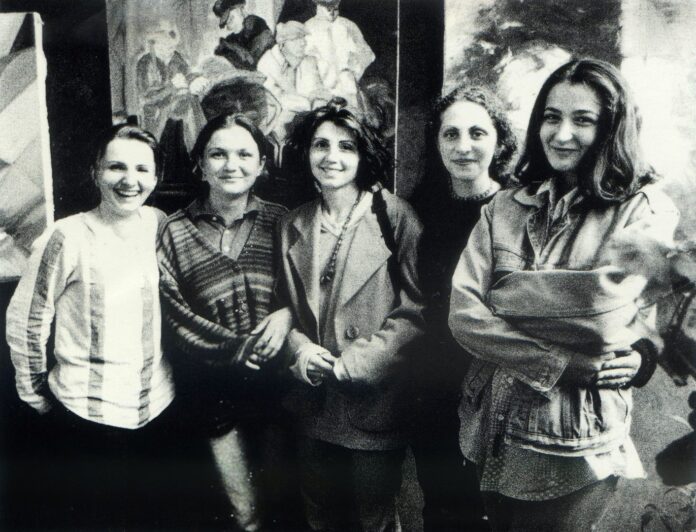Our name is sluggish
Who is our enemy?
We don’t hold grudges against anyone
Public world helps us
Yunus Emre
“The Ottoman rulers are followers of what the Göktürks said in the Orkun inscriptions. In the inscriptions, he says, I dressed him when I was naked, I fed him when I was hungry. That is the essence of the Ottoman system.” Prof Dr Mehmet Young Turkish Historiography. Ottoman Empire, 2nd Abdulhamid and Dardanelles War Ottoman Empire 13 May 2017, Ali Emiri Cultural Center.
The concept of state in the Arabs did not exist before Islam. In Turks, on the other hand, the State (boy-budun-töre-il sociology) has been alive for thousands of years; lives.
The concept of Public, which first appeared in Bilge Kagan and Kul Tigin inscriptions, also appears in Kutadgu Bilig and Divan-ı Lugat it Türk. The most intense usage is expressed with Yunus Emre, as in his own concept.
Turkish people give the same value to the public as they give to the individual. It is the same understanding from the Göktürks to the Ottomans. There should be no hungry people, beggars should not be found in the streets. The important thing in the town is to produce enough bread for the population. In the inscriptions, Bilge Kagan mentions that he clothed the naked people and fed the hungry. The Chinese Emperor was very surprised and could not understand this attitude of the Turkish Khan, who shared the spoils with his people.
According to the Turkish understanding of Khanate, the most important duty of the Khan is the peace, order and happiness of his people. Inscriptions, Kutadgu Bilig, Atabet ül Hakayık, and Political Works are always full of these examples. When it came to the Republic, the peasant was considered the master of the nation and heavy taxes on the people were abolished.
As a result of the relations of people, language and state structures, which are public assets, are enriched. Just as the root meaning of the concepts of water, wetness, life, death and creation in kiş (otter), which is at the root of the word person, the word il, which means the state, which is the highest public structure, also indicates relations.
The concept of state, which is expressed by the concept of state in the West, is a status quo and a static structure. The word dawlat, which comes from the Arabic root dwl, is taken from the word “1st fortune, luck, 2nd fortune, destiny, 3rd power, sovereignty”. In Arabic, on the other hand, the word Arabic dāla is the noun merre of the verb “turned, wandered (especially fate, kismet)”. (This word is synonymous with the Akkadian dālu verb “to turn around, to wander”.) Source: Sevan Nişanyan. Nisanyan Dictionary. https://www.nisanyansozluk.com/?k=state
In Turks, on the other hand, province, ambassador, district, communication are concepts related to the state and are based on the root relations in the term province. Relationships are not static, but rather dynamic. People create relationships. In the Turks, the public lives in the strongest form in the language. Since the oral culture is dominant, the accumulations in the language are kept fresh by being constantly updated. Relationships and communication are alive.
The mastery of the Turks in establishing a state is also expressed by the Greek professor Dimitri Kitsikis.
“Karamanlis was telling me that we Greeks are a very inept people to run a state. We have never had a state, what was established after 1821 is not a state, the Westerners managed to take advantage of us by establishing this state, we are colonies as you said. Yes, we are an empire people, but right now only our soul is the empire.
So, who is establishing a real state? Turks are setting up. He also told me that all great states were founded by Turks. They founded the Ottoman Empire. They established the Turkish-Mongolian Empire. Who even built Beijing? Did the Chinese do it? No, the Turkish-Mongols did. In China’s last dynastic war, who was victorious in China? The Manchuro-Turkish descendants were victorious. Turks know how to organize, they establish a state while we only have a state spirit.” Source: Greek Turcologist Dimitris Kitsikis Explains Why Greece Should Unite With Turkey.. https://www.youtube.com/watch?v=NUcaaJKYsAg
The point that Prof. Dimitri Kitsikis sincerely admits is that the spiritual existence of the empire is not enough, and this must be done in practice, which the Turks actually did. What is at issue here is the power of organization, activating the spirit is possible with organization, this is also a public power, public power comes into play here. So it is this public power that the Greeks lack.
@agaoglulevent



















